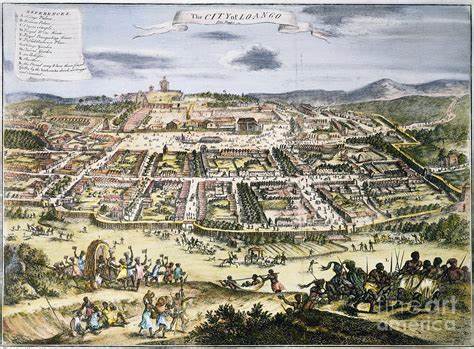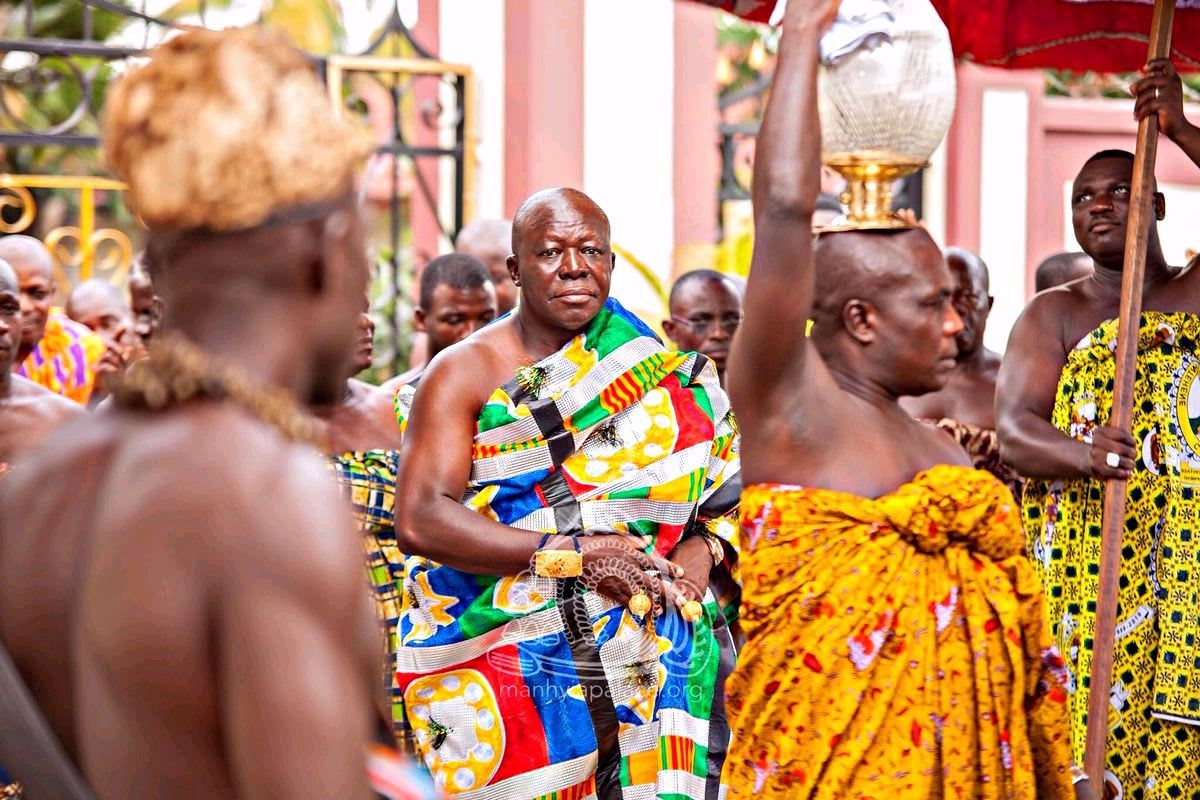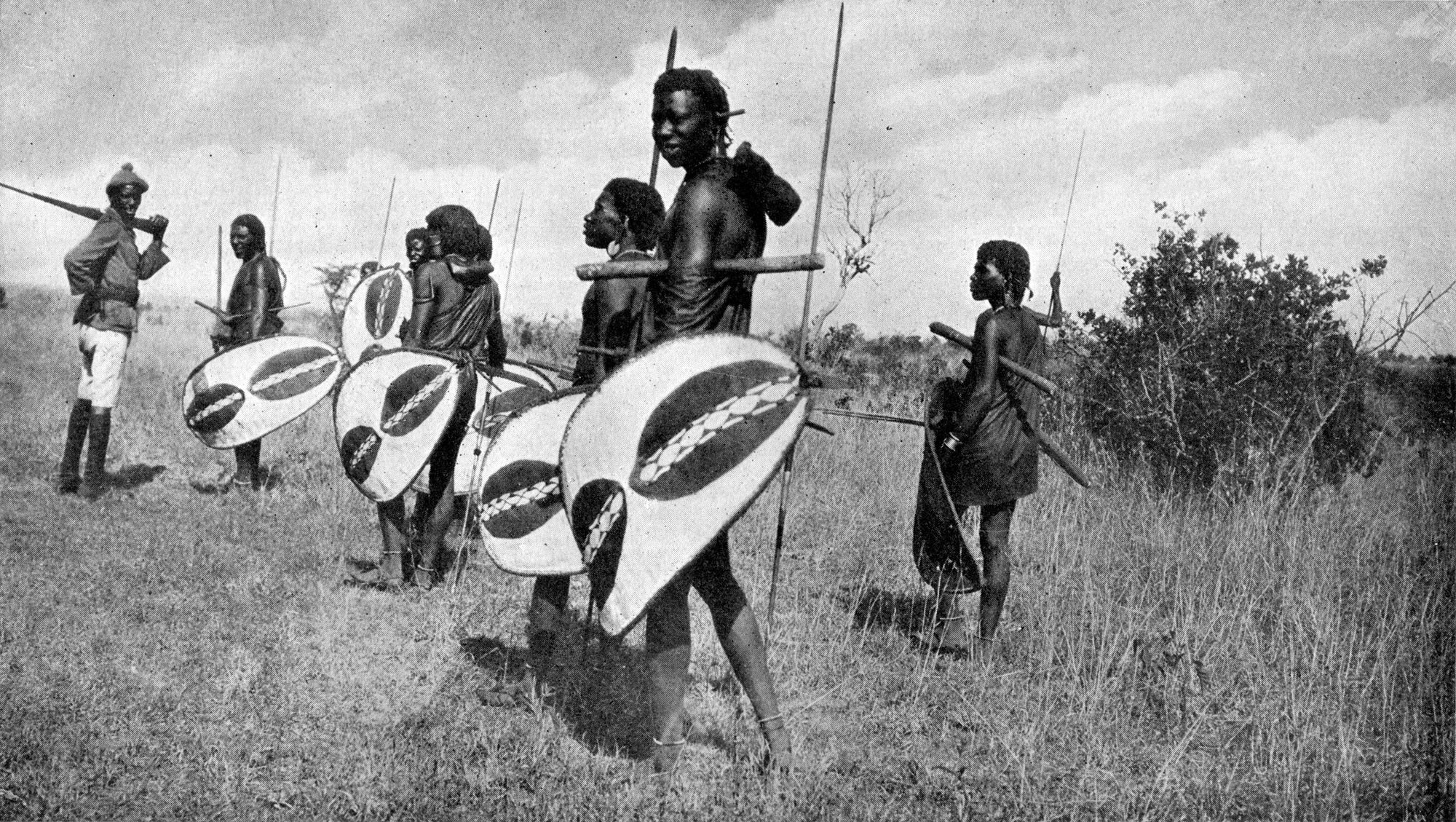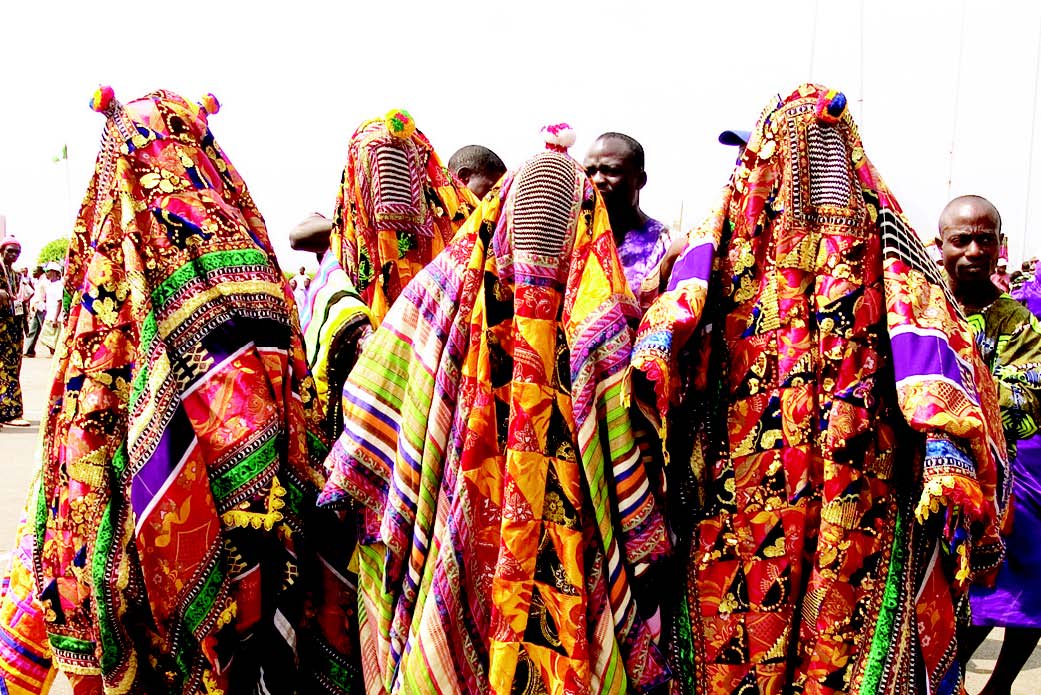African societies are largely confronted with worrying forms of intra and inter-group conflict, arising from socio-economic and political furor. Conflict resolution mechanisms have remained an incredible part of African traditional cultures for a long time, and the features of some of these settlement strategies contribute to peaceful co-existence.
Conflict resolution in traditional African societies provides an opportunity to interact with the parties concerned, while promoting consensus-building, social bridge reconstruction as well as enactment of order in society. Conflict takes various forms and dimensions in African societies, it is however important to note that there is no clear-cut definition for the word conflict in the African culture.
Be this as it may, some of the things that constitute conflict in the African culture include rage, rift, misunderstandings, family and market brawls, skirmishes and wars, public insurrections, assault as well as more serious crimes such as murder, robbery, destruction, etc. This article, however, is going to focus on conflict resolution of serious crimes.
Owing to the fact that the African culture is diverse and consists of many different tribes as well as cultures, it is important to note that there is no singular approach. Different tribes have their own unique approaches to conflict resolution. The BaTonga tribe of Zimbabwe for instance, have always had great respect for their culture and any outside meddling in their internal affairs is often met with stiff resistance. They believe in settling their differences amongst themselves. Chiefs, headmen, matriachs and other village elders are custodians of the laws that guide the BaTonga in their day to day lives, and especially during serious conflict.
Serious conflicts are resolved through the interventions of family elders, traditional leaders or spirit mediums. A variety of techniques are used ranging from discussions, folktales to counseling or use of herbs and spiritual ceremonies. Spiritual ceremonies form an integral part of traditional conflict resolution among the BaTonga people. In most cases, in the BaTonga culture, before the conflicting parties are brought together, the traditional mediator analyses the conflict as well as its nature. This is because they serve as guide and mediator in the conflict, and therefore must seek spiritual intervention as well as assistance to perform their role effectively.
According to Sarafina Johva, a councilor from Harare in Zimbabwe, “Conflict resolution in our African culture is very delicate, very delicate and difficult. It is very rare that you come across instances where there was a precise resolution met and the relevant necessary action that follows, this is because very often people are still trying to recover and heal especially in serious offences. In our cultures they are more than often considered unforgivable. However, I have also seen some cases where, when the right people, who I can say are more mature and emotionally intelligent, there is progress and situations are salvaged – But this is rare.”
Whereas for the Akans tribe of Ghana, the approach is slightly different. In Ghana, conflict resolution is a structured political, judicial and arbitration mechanism. Traditional leaders play a vital role in local and grassroots communities in relation to socio-economic development and the administration of justice in the modern political system. This is a great part of the cultural heritage of the people. The institution of traditional leadership plays critical roles in promoting and sustaining social cohesion, peace, harmony, co-existence – and a reactive role in resolving disputes which have already occurred.
Similarly, in the Setswana culture of Botswana, when it comes to conflict resolution, emphasis is placed on customary as well as judicial law to run its course. Which of the two, is mostly dependent on where as well as how serious the conflict is. Often in more developed areas of Botswana, the natural progression is judicial law. In more rural areas, where Chiefs or the customary law is in control, often it is the chief, headmen as well as village elders that preside over the matter and endeavor to resolve the matter. This is owing to the fact that the Setswana culture is built on consultation (“therisanyo” in Setswana) and resolution of conflict through open discussions between the parties. Hence the adage “ntwakgolo key a molomo,” which means great battles are fought verbally. However, Botswana has a dual legal system based on the state law, based on both state law and cultural norms and values.
Motsei Monkgogi, a nurse in Ramotswa village of Botswana conceded, “In the Setswana culture conflict resolution is always led by elders and if more serious by the rule of law, depending on where the matter is. This is because in our culture emphasis is placed on the wisdom and wealth of knowledge of our elders, this makes them better suited to preside over delicate matters and mediate. They are considered better placed, usually when a matter is too complicated for them or they cannot close on it, it is then escalated to judicial law.”
Traditional conflict resolution processes are a part of a well-structured, time-proven social system geared towards reconciliation, maintenance and improvement of social relationships. The methods, processes and regulations are deeply rooted in the customs and traditions of people of Africa. The importance and utility of the processes lie in the fact that they strive to restore balance, to settle conflict and eliminate disputes.









